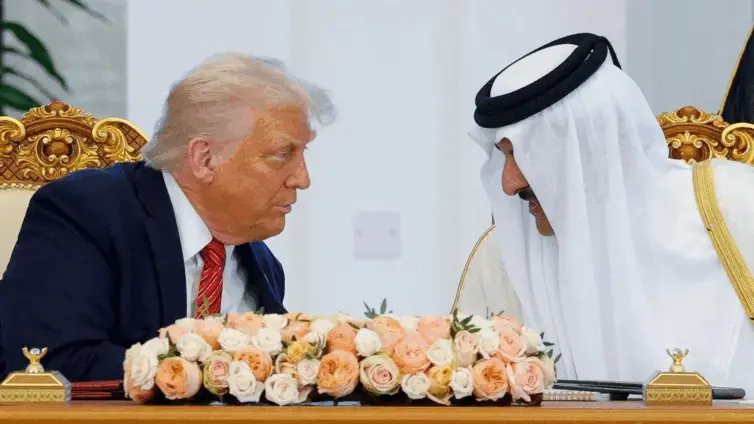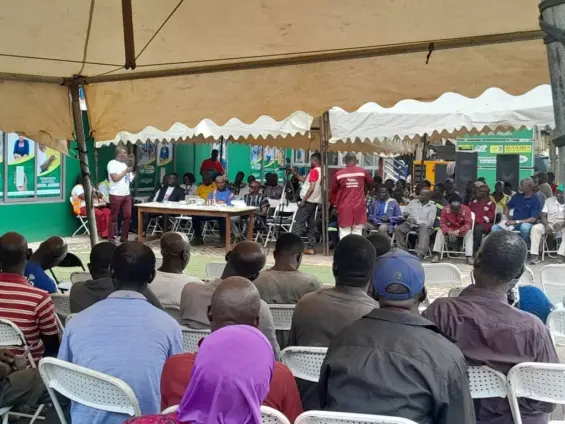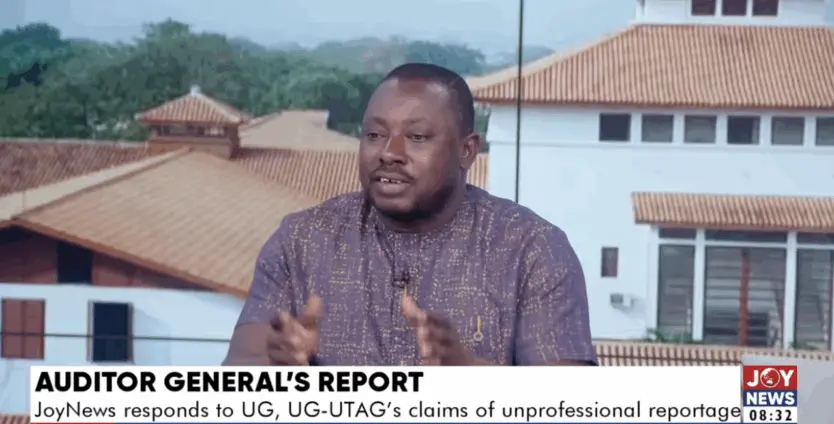Dr. Mahamudu Bawumia, the New Patriotic Party’s (NPP) flagbearer for the 2024 elections, recently made a bold prediction: the NPP will retain power in the 2028 elections. Addressing the Young Executive Forum (YEF) in London, Bawumia suggested that the National Democratic Congress (NDC) would struggle with a new presidential candidate. He grounded his forecast in Ghana’s political history, citing the challenges typically faced by first-time presidential contenders. But is this historical pattern a reliable predictor of future outcomes? The claim that the NPP 2028 victory is already written in the stars requires closer examination.
Bawumia’s optimism stems from what he describes as a recurring theme in Ghanaian politics: the advantage of the "repeat candidate." He argues that voters tend to favor those who have previously sought the nation’s highest office. "Our political history suggests that it is usually very difficult for a first-time presidential candidate to win an election in Ghana. I don’t know why that is, but Ghanaians want you to come more than once," he stated. To support his claim, he referenced examples such as John Agyekum Kufuor, who won the presidency on his second attempt, and President John Mills, who succeeded after two previous campaigns. Nana Akufo-Addo is another example of this.
He dismissed John Mahama’s 2012 victory, achieved in his first presidential election after President Mills’ death, as an “aberration” due to the unique circumstances. While history offers some supporting evidence for Bawumia’s thesis, it’s crucial to consider whether this pattern remains relevant in contemporary Ghana politics. Are voters now more influenced by specific policies and issues than by a candidate’s prior experience?
Bawumia also highlighted the difficulties the NDC faces while in government. According to Bawumia, governing presents challenges for the NDC, making it harder to engage in effective “propaganda” compared to being in opposition. "They are in government now. It’s not easy to do propaganda when you are in government. It’s very easy to do propaganda in opposition," he said. He accused the NDC of failing to deliver on key promises, pointing to the rising cost of living, the alleged deception of cocoa farmers regarding prices, the electricity challenges known as “dumsor,” and the ongoing debate over teacher licensure exams.
“We warned Ghanaians that dumsor and NDC work together. Ghanaians didn’t listen. But we’ve basically been proven right," Bawumia asserted. However, the NDC will undoubtedly strive to counter these criticisms and highlight their achievements in the run-up to the 2028 elections. How they choose to defend their record and present their vision for the future will significantly impact their prospects.
Acknowledging that the NPP “did not get everything right” during their time in power, Bawumia offered an apology. "There’s no doubt… we did not get everything right. We got quite a few things wrong. On my own behalf, on behalf of the party and the government, I apologise to all of you for us not getting things right that we should have gotten," he stated. This admission underscores the need for the NPP to articulate concrete plans and policy changes to demonstrate that they have learned from past errors and are prepared to govern more effectively in the future.
Dr. Bawumia’s prediction of an NPP victory in 2028 is based on these factors. While his confidence is evident, the actual outcome will hinge on the performance of the current NDC government, the choice of the NDC’s new presidential candidate, and the NPP’s ability to demonstrate genuine change. The 2028 elections will be a crucial moment in Ghana’s political landscape, determining whether history repeats itself and the NPP secures the anticipated victory.
Image Source: MYJOYONLINE






















